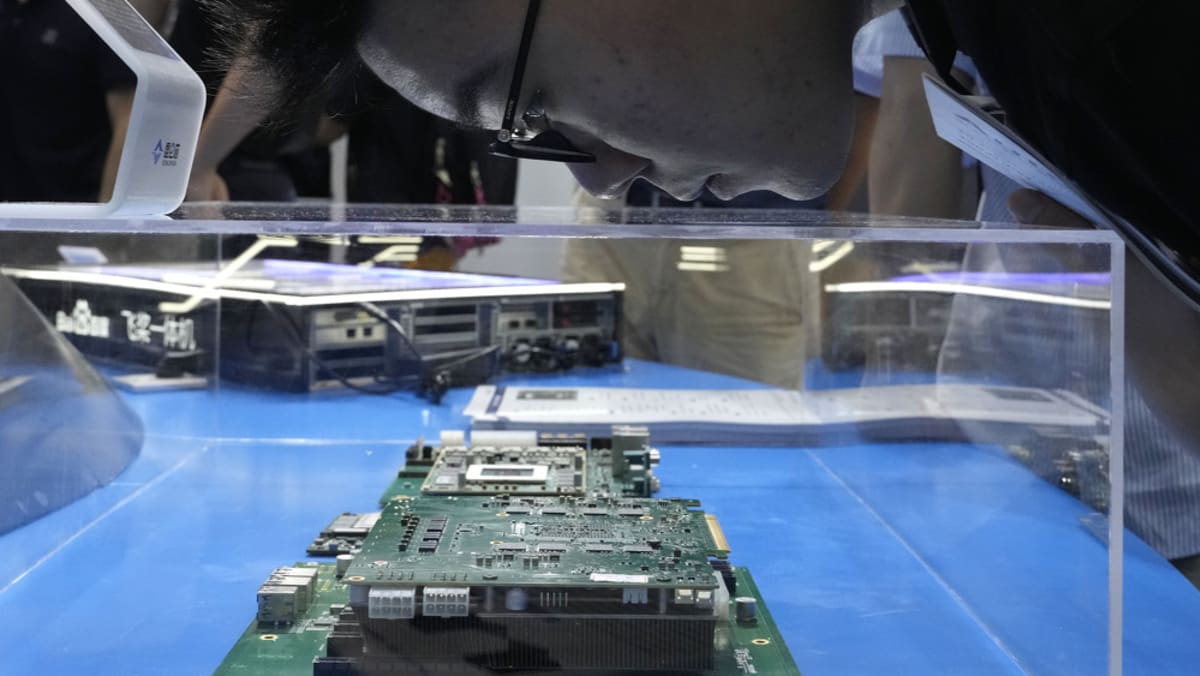How US and its allies are trying to rein in China tech
WHY ARE CHIPS SO CRITICAL?
Semiconductors are necessary to process and understand the mountains of data that have come to rival oil as the lifeblood of the global economy. The latest generation of chips enables technologies such as virtual reality and deep learning, artificial intelligence platforms such as ChatGPT and faster data transfers over fifth-generation wireless networks.
Memory chips, which store data, are relatively simple and are traded like commodities. Logic chips, which run programmes and act as the brains of a device, are more complex and expensive.
Some analysts expect the industry will double in value this decade. Spending on research and development for chips is dominated by US companies, with more than half the total.
The US has said that it’s concerned China may be able to use advanced semiconductors to develop daunting military capabilities, as well as technologies systems for domestic surveillance and censorship.
WHERE ARE CHIPS MADE NOW?
Production of the most advanced semiconductors is concentrated in just two places, Taiwan and South Korea, which account for about three quarters of global contract chipmaking capacity. This has raised concerns in Washington and beyond because Taiwan is disputed territory, a self-governing island that China claims as its own.
Governments from the US and Europe to Japan are spending tens of billions of dollars to secure future chip supplies by developing their own chip factories. But those efforts are already proving complicated: TSMC said it will delay the start of production at a new facility in Arizona until 2025 because of a shortage of skilled workers.
WHAT EXPLAINS TAIWAN’S SUCCESS?
The island democracy emerged as the dominant player in outsourced chipmaking partly because of a government decision in the 1970s to promote the electronics industry.
For all the latest world News Click Here

